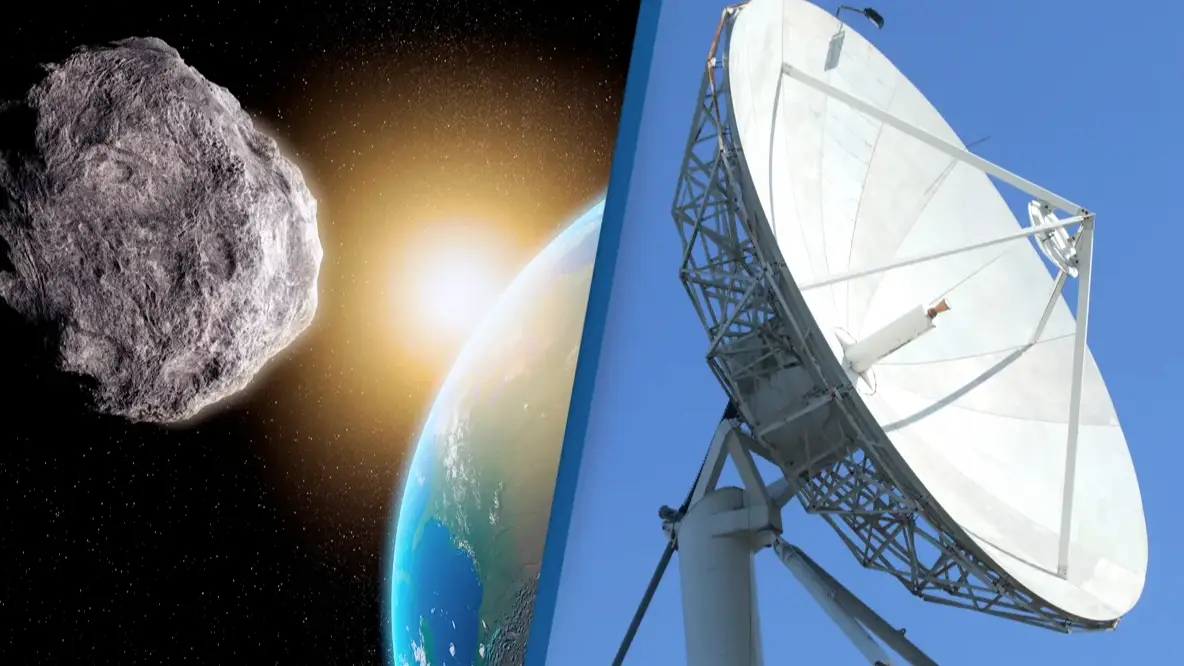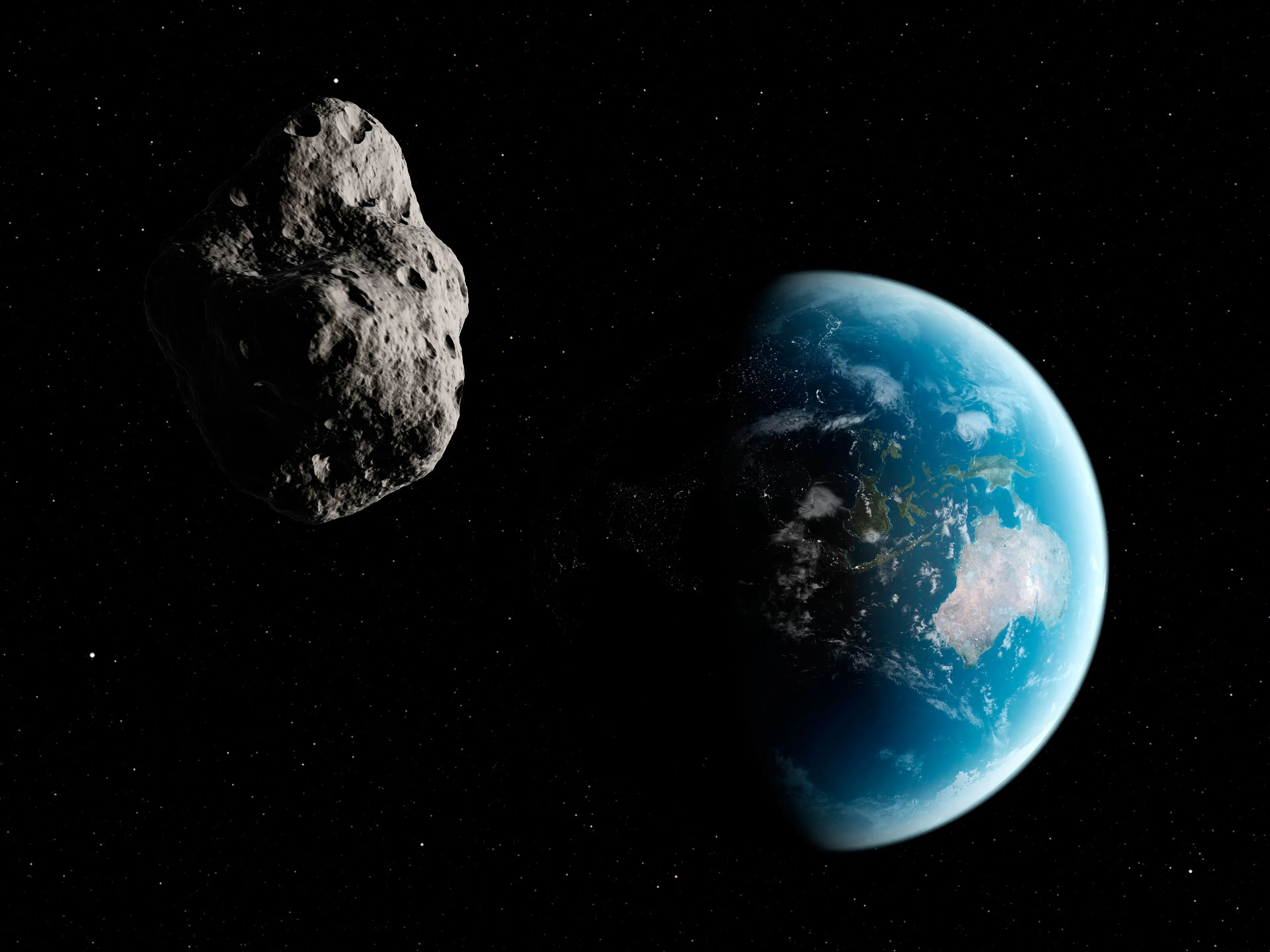
We are all aware of the threat space poses to our pale blue dot, but thanks to technological advancements this threat is no longer as great as it once was.
This is because NASA has just confirmed that humanity has the ability to deflect potentially deadly asteroids before they hit.
The space agency made the revelation on Monday (27 February), when it explained it was now confident it could stop a potentially deadly impact ahead of time.
Advert
In case your memory needs refreshing, the last time the Earth was hit by an asteroid, it wiped out the dinosaurs 66 million years ago.
While NASA is doing its best to ensure this doesn't happen, it is worth noting that there are around 2,000 potentially hazardous asteroids in our vicinity.

But that doesn't mean that huge progress is not being made in this area, and last year, NASA launched its Double Asteroid Redirection Test (DART).
This was practised on a moonlet called Dimorphos that was found circling its planet asteroid, and the space agency was able to successfully push it off its orbit.
On Wednesday (1 March), NASA said it had analysed the data and concluded that missions like DART can be effective in knocking deadly asteroids off course.

Scientists from Northern Arizona University said: "This serves as a proof-of-concept for the kinetic impactor technique of planetary defence, DART needed to demonstrate that an asteroid could be targeted during a high-speed encounter and that the target's orbit could be changed."
In fact, NASA ended up shaving 33 minutes off Dimorphos' orbit, which is five times greater than predicted.
With major asteroids predicted to hit the Earth between every 100 and 200 million years, it is hoped this technology will be even better by the time it needs to be used.
But even in the unlikely event that NASA isn't able to successfully deflect an asteroid, there is still a plan if another big one hits.

As the Earth is 71 percent water, it is more than likely that's where an asteroid would land, and space monitoring would be used to move people away from coastal areas, where it would trigger massive tsunamis.
People would also be advised to go underground to shield from the impact and to store essentials. Soot from the asteroid would cause temperatures to plummet for decades afterwards, leading to widespread famine.
If all else fails, you could just do what Leonardo DiCaprio did in the Netflix hit Don't Look Up and enjoy what time you have left on our pale blue dot.
